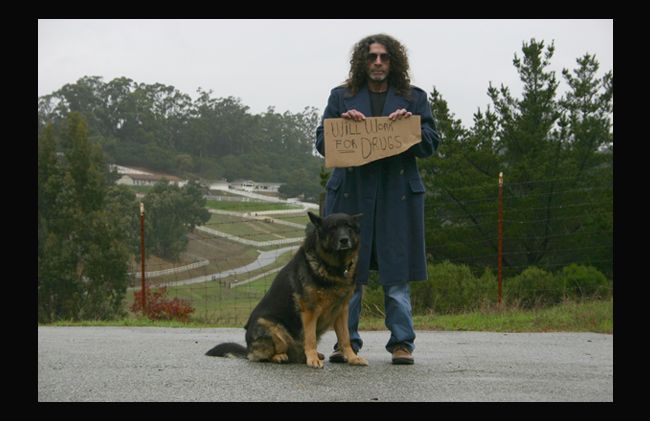
This is a fundamental treatise on Evolutionary Psychology. I was interested in the topic and was not disappointed in the breadth and depth of coverage that Pinker gives. I fully recommend it.
The basis of the whole book is what Pinker believes to be 3 misconceptions that have plagued modern man
1. "The Blank Slate" or Tabula Rasa. The belief by many that a human is born almost completely "moldable", thus it is his/her environment, learning, etc. that determines their behavior traits. Pinker takes aim at this and destroys it with well-referenced arguments. Though a knee-jerk reaction would be that he therefore thinks EVERYTHING is caused by gene expression, that also is not right. He shows that a lot (half?) of the variance of behavior can be attributed to environment or even chance. One of the most convincing and interesting takes is that parents have very little affect on the behavior traits of their children once grown. They give them their genes so the kids will be very similar, but any differences are caused by peer group environment and chance, not good parenting. Unfortunately, parents can do much harm - abuse, neglect, etc... Besides children, Pinker goes into many different topics that are ruled today by Blank Slate ideology: violence, politics, gender, etc...
2. "The Noble Savage". This is the belief that pre-society humans were peace-loving, cooperative, noble individuals and groups. Instead, of course, he shows that pre-society cultures were ripe with murder, rape, enslavement, etc... I found the concept obvious but I was surprised how often it showed up in his book, from all sides of the political spectrum. There's the obvious Avatar-Loving, Utopian Left, but he also took shots at the naive religious Right, and even the police-hating Libertarians (he shows that democratic police forces coming on the scene in the middle ages have dropped violent crime hundredsfold - of course the problem remains on who polices the police).
3. "The Ghost in the Machine". This is the Cartesian belief that there is something more to "you" than just biology. Soul, spirit, whatever - Pinker believes this to be a misconception and a dangerous one at that. Again, he shows this is not only a religious belief but pervades the secular Left as well. Of the three, this is covered the least, unfortunately in my opinion. I'm not sure if Pinker just avoided the obvious dissonance that arises (free will, consciousness in general, insight or religious experiences, etc..) because he didn't have a good argument, or just thought it would be another book in itself. Either way, except for the very fundamental argument (we evolved, we're not specially created, etc...) I found this topic wanting.
Lastly, though I think this is a very worthwhile book to read, it did leave me a little irritated. Partly, I'm sure, because genetic determinism of any degree is a bitter pill to swallow - especially when I look at my Dad's pot-belly! However, I also get an underlying uneasiness at the "certainty" of evolutionary psychology. First, it is foremost an explanatory theory, meaning they look at behavior and theorize how evolution came up with that. I don't see much, if any, predictive theory, which is much more powerful and useful. I think Pinker's arguments stayed within fairly useful bounds but I can envision others going full-retard with this.

